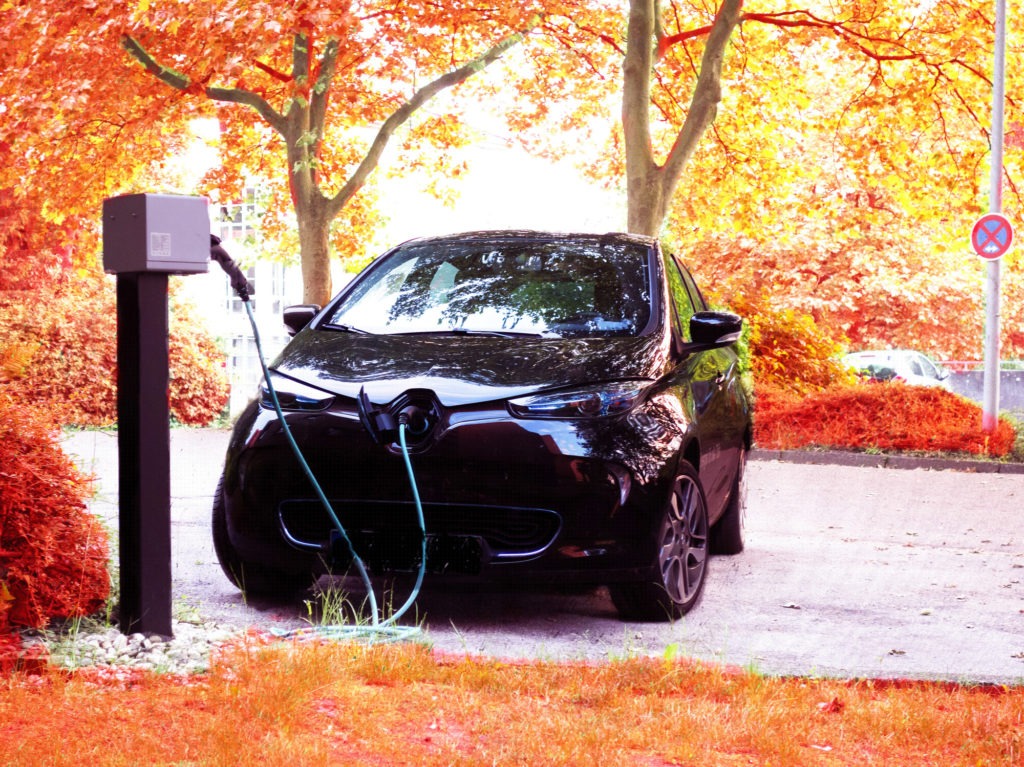Renault-Nissan plans a dedicated EV platform; ‘a new technological break’
15 March 2017

15 March 2017
The Renault-Nissan Alliance is developing a dedicated platform for electric vehicles (EV) according to a report by French magazine Challenges. The platform is due to be rolled out by 2020. An official announcement on the deeper involvement of Mitsubishi in the new technological trinity is also expected imminently.
Even in the absence of an official announcement, Mitsubishi head Osamu Masuko has confirmed to German newspaper Handelsblatt that Renault, Nissan und Mitsubishi will cooperate on the development of EVs and will share platforms. News is also breaking that the low-cost EV planned by the Renault-Nissan Alliance for China will also be offered in Europe.
The planned development of a dedicated EV platform by Renault-Nissan-Mitsubishi is a clear indicator of the group’s intention to pursue EVs as a core part of their strategy and echoes the plans of the Volkswagen Group to roll out its MEB platform and launch more than 30 EVs by 2025. The cost benefits of developing a platform across the newly formed Renault-Nissan-Mitsubishi Alliance are clear and support the ultimate aim of launching more efficient and cheaper EVs. This in turn will help to drive demand and with battery costs having already dropped to €150 per Kwh and expected to dip below €100 per Kwh within ten years. EVs should no longer be disadvantaged by higher purchase costs than cars with internal combustion engines.
In the meantime, Renault’s EV presence largely relies on the Zoe. Sales are rising, boosted by the launch of the recently revised version which has an extended range, but Renault is already looking to the next generation. Similarly, Nissan is expected to replace its ageing Leaf in 2018 and the new platform is expected to underpin both new models. No firm timings have been given but Thierry Bolloré, vice president of Renault’s Competitiveness Division, told Challenges that the Renault-Nissan Alliance ′will launch a new platform for electric vehicles with a 2020 horizon’.
Eric Feunteun, who is responsible for Renault’s zero-emission program sees the new platform as ′a new technological break.’ Marc Soulas, the chief electrical engineer within the company added to this that there will be ′a strong increase in battery capacity without increasing weight, a consequential decrease in recharge time, or a decrease in costs. The three factors can combine.’